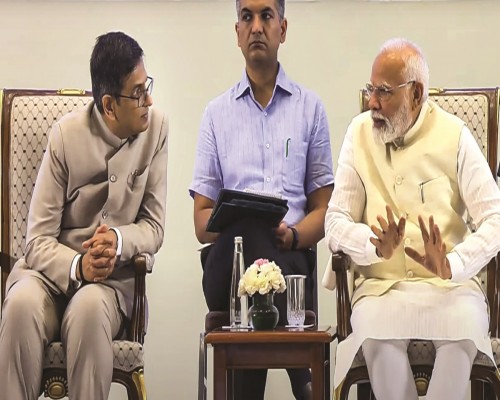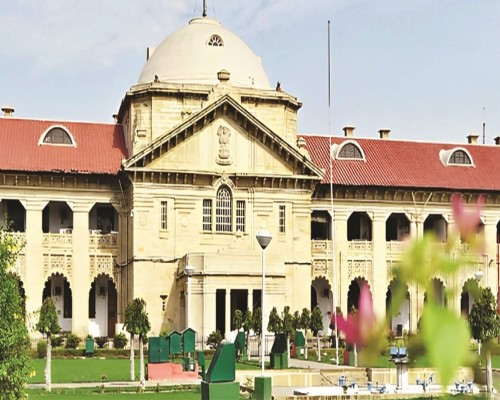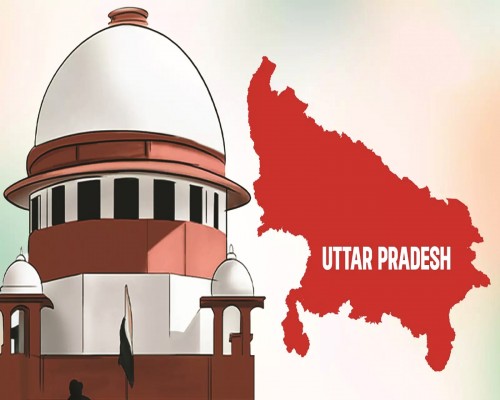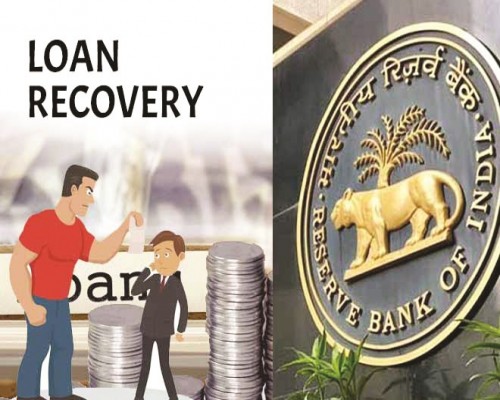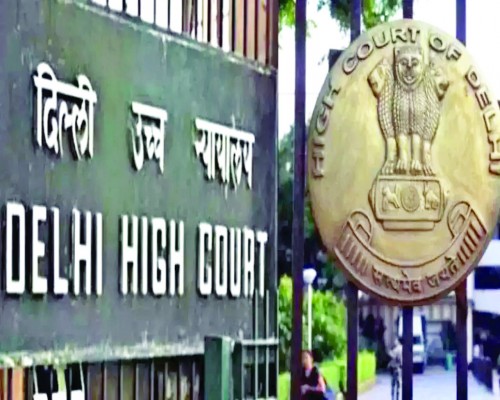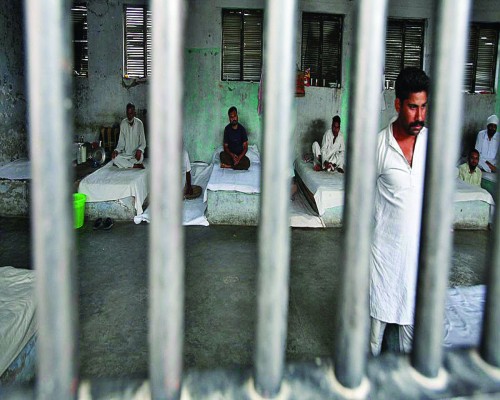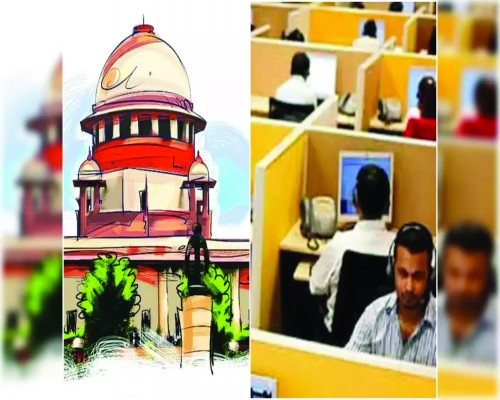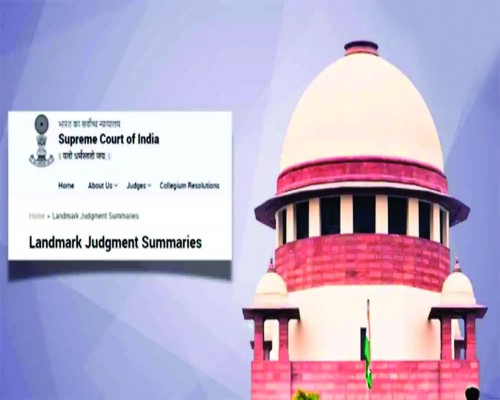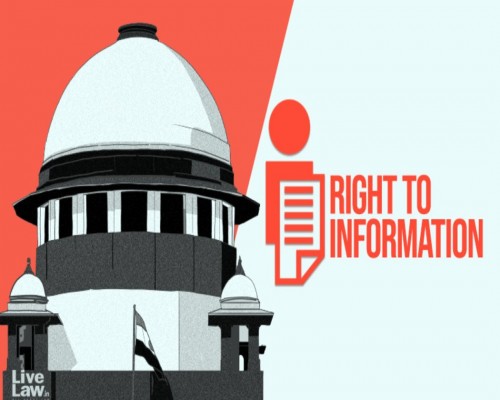Courts Take Strong Stand Against Sexual Harassment Cases: Highlights from Recent Judgments
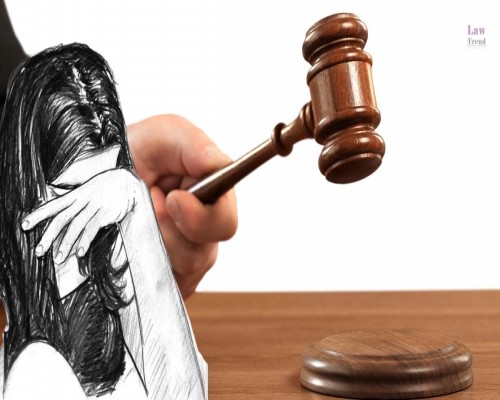
Recent judicial decisions in India have underscored the importance of addressing sexual harassment cases with integrity and seriousness while discouraging misuse of legal provisions.
Delhi High Court Orders Probe into Fake Sexual Harassment Allegations
The Delhi High Court has taken a strong stance against the misuse of sexual harassment laws, ordering an investigation into allegations of extortion by two women who filed and later withdrew similar complaints against an orthopaedic surgeon. Justice Manoj K. Ohri quashed the criminal proceedings against the doctor after audio recordings and evidence revealed that the women had extorted ₹2.5 lakh and subsequently filed another complaint to demand more money. The court emphasized the need for a thorough probe to ensure justice while highlighting the misuse of legal provisions in such cases.
Supreme Court: Compromise Not a Basis to Quash Sexual Harassment Cases
The Supreme Court has ruled that sexual harassment cases cannot be closed based on a compromise between the victim and the accused. Setting aside the Rajasthan High Court's decision to quash a POCSO case against a teacher, the apex court stated that such crimes have far-reaching impacts on society and cannot be treated as private disputes. Justice Ravikumar noted that courts must ensure compromises are free of coercion and aligned with public interest. This ruling reinforces the judiciary's commitment to safeguarding societal interests and the sanctity of laws enacted to protect victims.
High Court Affirms Conviction in Sexual Harassment Case Based on Child Testimony
The Punjab and Haryana High Court upheld a five-year sentence for a teacher convicted of molesting an eighth-grade student, ruling that the testimony of the child was sufficient to establish guilt. The court rejected claims of insufficient evidence, stating that the victim's testimony provided a credible account of the incident. The judgment also highlighted the social pressures faced by victims in reporting such crimes and the need for sensitive handling of such cases.



